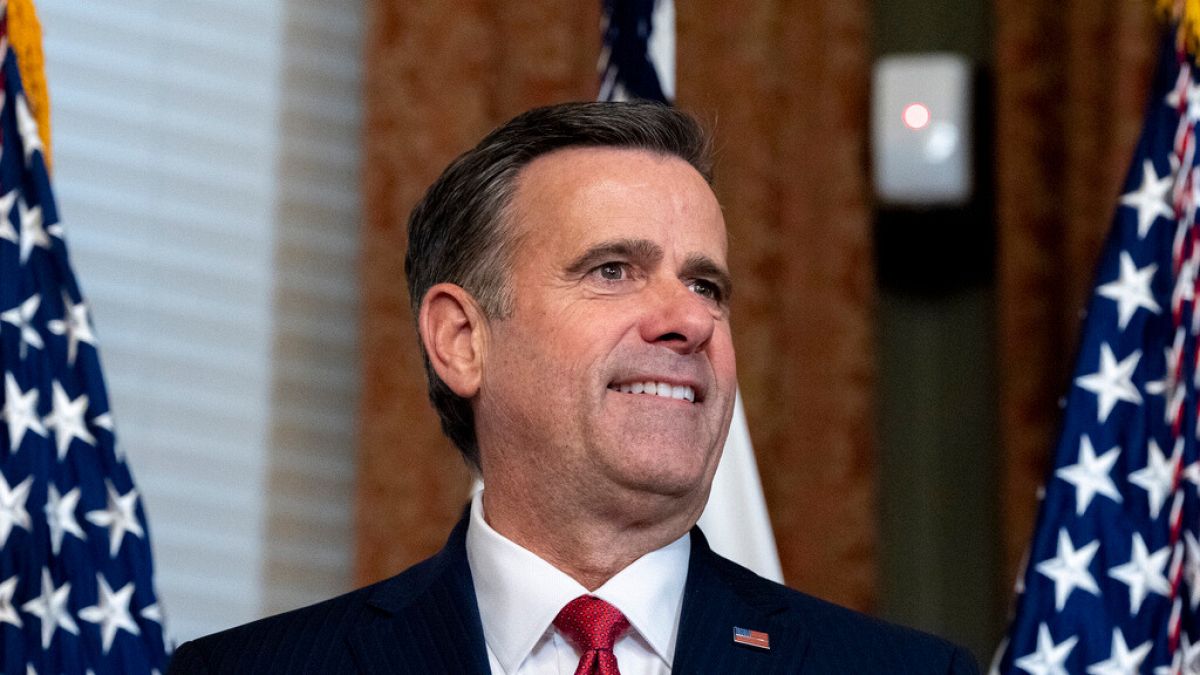BMW says luxury cars were sold to Russian buyers despite sanction

BMW Group has confirmed that it has sold more than 100 high-end cars to Russian buyers, despite EU sanctions being in place to halt the export of vehicles to Russia.
German automaker BMW Group has revealed that despite widespread international and EU sanctions, it has sold more than a 100 luxury cars to Russian buyers, thus confirming a Business Insider report.
The sales could be considered a violation of ongoing EU sanctions against the export of luxury goods to Russia, brought in after the start of the Russia-Ukraine war. In addition to the EU, since March 2022, the US has also sanctioned the export of luxury vehicles to Russia.
The bloc has also specifically sanctioned the export of both new and second-hand luxury cars with engine sizes of more than 1,900 cubic centimetres, along with all hybrid and electric vehicles to Russia.
BMW described the sales as ‘irregularities’, and has confirmed that employees at its Hanover branch were behind the illegal trade. As a result, BMW Group said that it had sacked all staff involved in the transactions and had also paused a number of future deliveries, in an attempt to align the company with current sanctions.
Grey imports continue to hinder the implementation of sanctions against Russia
These sales have highlighted the growing issue of effective sanctions implementation against Russia. This is mainly because of ‘grey market’ or ‘back door’ imports and trading.
This involves companies, individuals, and even some countries going through several third-party countries such as Kazakhstan, Kyrgyzstan, Turkey, the UAE and more to export goods into Russia.
As these countries have not sanctioned Russia and already have robust and long-standing trade relationships with Moscow, it has become easier to use them as transit points for European goods still being exported to Russia. Their close geographical proximity to both Europe and Russia has also contributed to this rise in grey imports.
Russian companies and individuals have also been setting up shell companies in these third-party countries to facilitate these export and import transactions.
Other ways to avoid sanctions include using shadow fleets, which are usually made up of old oil tankers from countries like Cameroon and Liberia, to illegally export Russian oil.
These ‘back door’ trade channels have made it increasingly difficult for regulatory authorities to keep track of exactly how many products are reaching or leaving Russia, even though direct exports from Europe to Russia have lessened relatively in the last few years.
These third-party countries have also been quite reluctant to impose sanctions on Russia themselves, further undermining the impact of other international sanctions and leading to the EU having to navigate increasingly sensitive diplomatic relations with them.
A BMW spokesman, as reported by The Telegraph, said: “In recent months, the products of various companies have been available for purchase in Russia even though the companies themselves have acted in accordance with all the applicable sanctions. The BMW Group has a range of measures in place to prevent such imports.”
World News || Latest News || U.S. News
Source link



